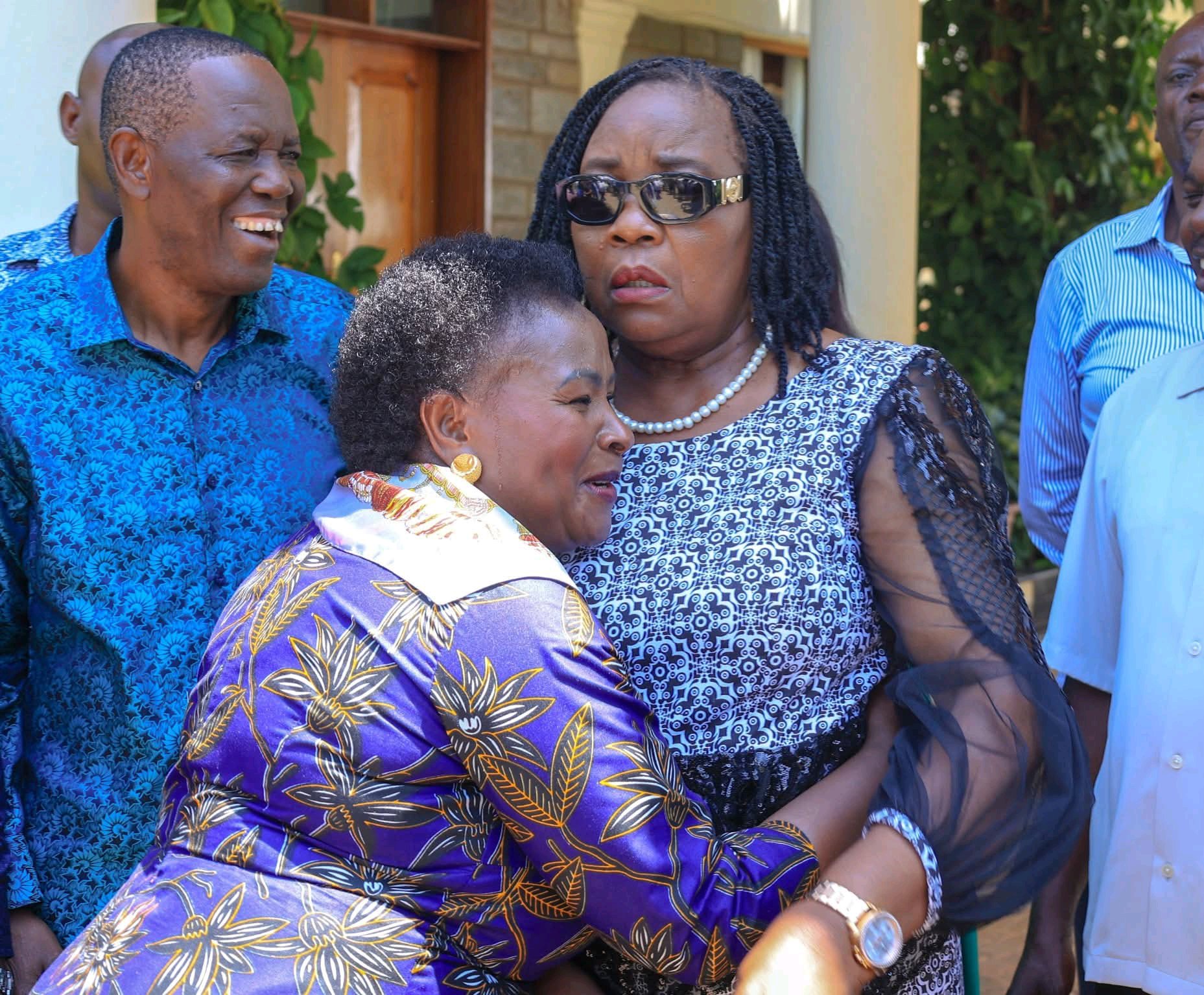In the world of computers, binary language is the foundation of all programming. A simple 0 or 1, yes or no, dictates the flow of information and decision-making processes. But what happens when we apply this binary thinking to human life? Do the complexities of human experience fit neatly into such sharp differences? As I navigate life’s complexities, I’ve come to realize that the line between morality and practicality is often blurred.
Growing up as a firstborn daughter, I’ve been conditioned to prioritize family expectations and moral obligations, which has instilled in me a sense of responsibility and empathy. This upbringing has been invaluable in navigating life’s challenges, particularly when it comes to ethical decision making and finding a balance between personal values and societal norms.
One of the most significant challenges I’ve faced is the paradox of expectations. On one hand, I’m expected to uphold traditional values and moral principles. On the other hand, I’m encouraged to pursue my passions and ambitions, even if they don’t align with these expectations. This internal conflict has led me to reflect on my own values and aspirations, and to consider the importance of critical thinking and moral reasoning in making informed decisions.
Have you ever felt torn between meeting expectations and pursuing your own goals? How did you navigate this challenge? This paradox came into sharp focus during my second year on campus, when my lecturer asked us a series of questions that made us reflect on our choices. “How many of you are doing the course you chose?” he asked. “How many are doing something just to be on campus?” “How many are doing something chosen for them by their parents?” The class was silent, as if we were having a collective reality check.
When he asked the questions again, randomly selecting students to answer, I was unexpectedly called upon. “How about you?” he asked me. I replied honestly, “My dad chose this for me.” This moment was a turning point. It forced me to confront the disconnect between my own desires and the expectations placed upon me. I realized the importance of self-reflection and introspection in navigating moral dilemmas and making decisions that align with my personal values and goals.
Imagine you’re in a similar situation. Your parents have chosen a career path for you, but it’s not what you want. What would you do?
A) Follow your parents’ expectations and pursue the chosen career path.
B) Politely express your concerns and explore alternative options.
C) Take a bold step and pursue your own passion, even if it means going against your parents’ wishes.
As I struggled with this decision, I began to realize that growth often lies in embracing uncertainty and taking calculated risks. I chose to take the leap and pursue my passion, despite the uncertainty. This experience taught me that morality and practicality are not mutually exclusive. In fact, they can be intertwined in complex ways, requiring a nuanced approach to decision making and problem solving.
Through this journey, I’ve come to understand that morality and practicality are not fixed concepts. Rather, they’re dynamic and context-dependent. What may be moral in one situation may not be practical in another. This realization has been both liberating and challenging. Can you think of a situation where morality and practicality might conflict? How would you navigate this conflict?
As I reflect on this journey, I realize that finding balance between morality and practicality is a lifelong path. It’s about embracing the complexity, staying true to my values, and being open to growth and learning. With each step, I’m becoming more attuned to my own needs and aspirations. Though the road ahead is uncertain, I’m excited to continue exploring, learning, and evolving. The interplay between morality and practicality will undoubtedly continue to shape my decisions and perspectives, and I’m eager to see where this journey takes me next.



